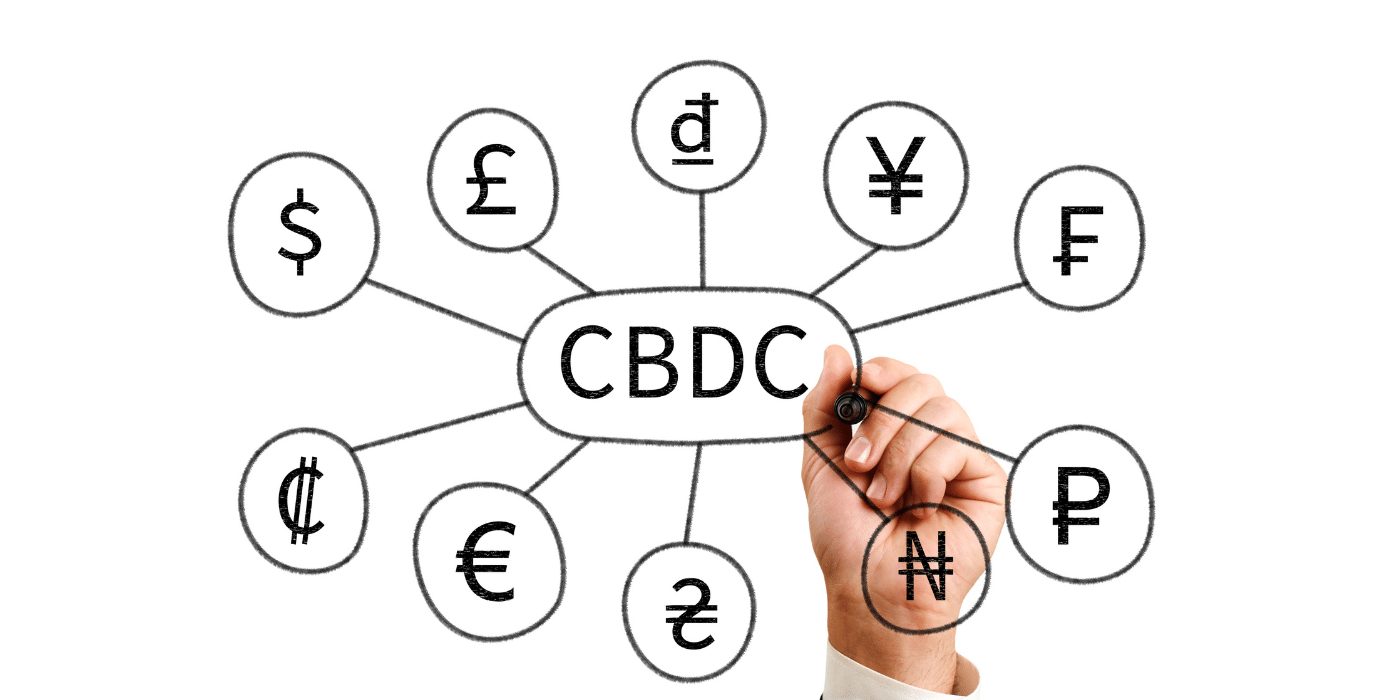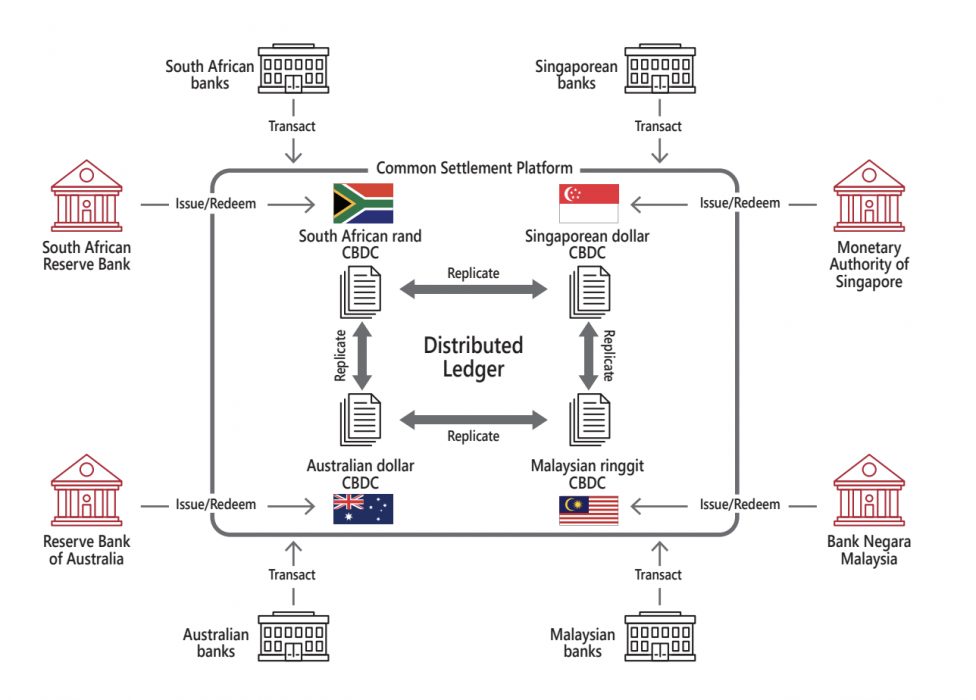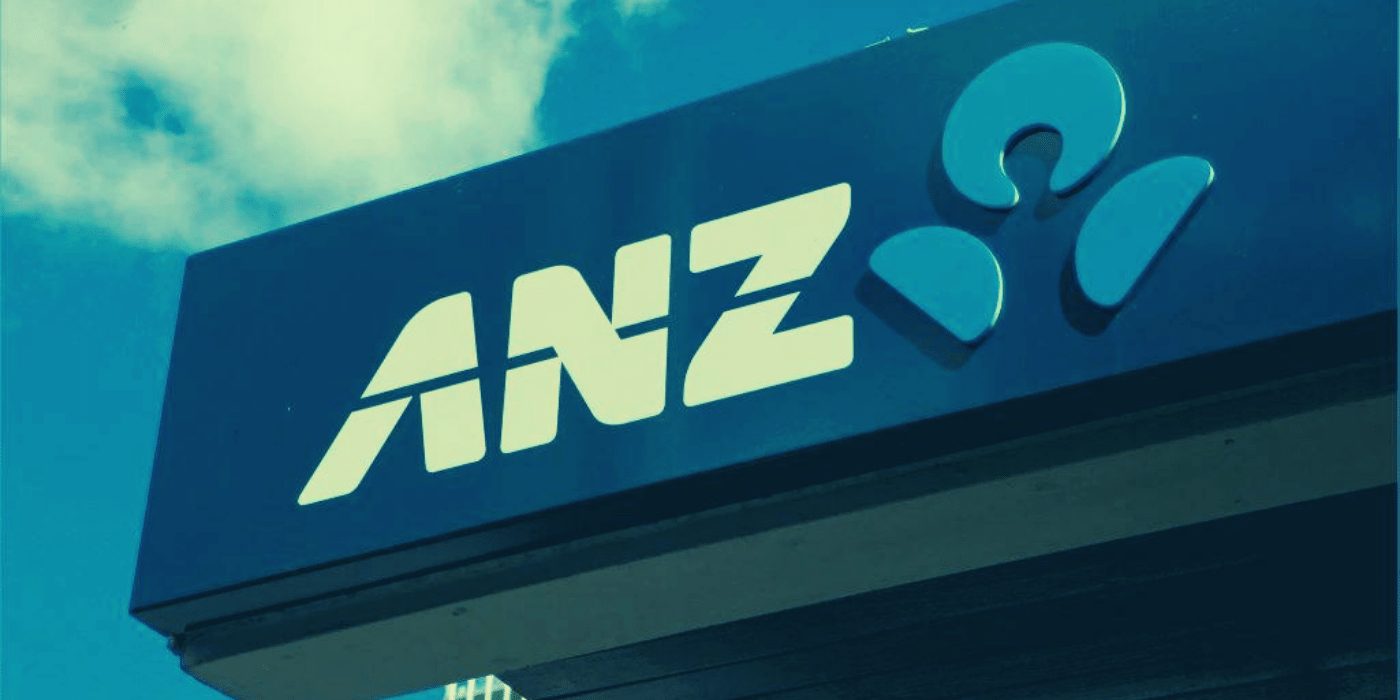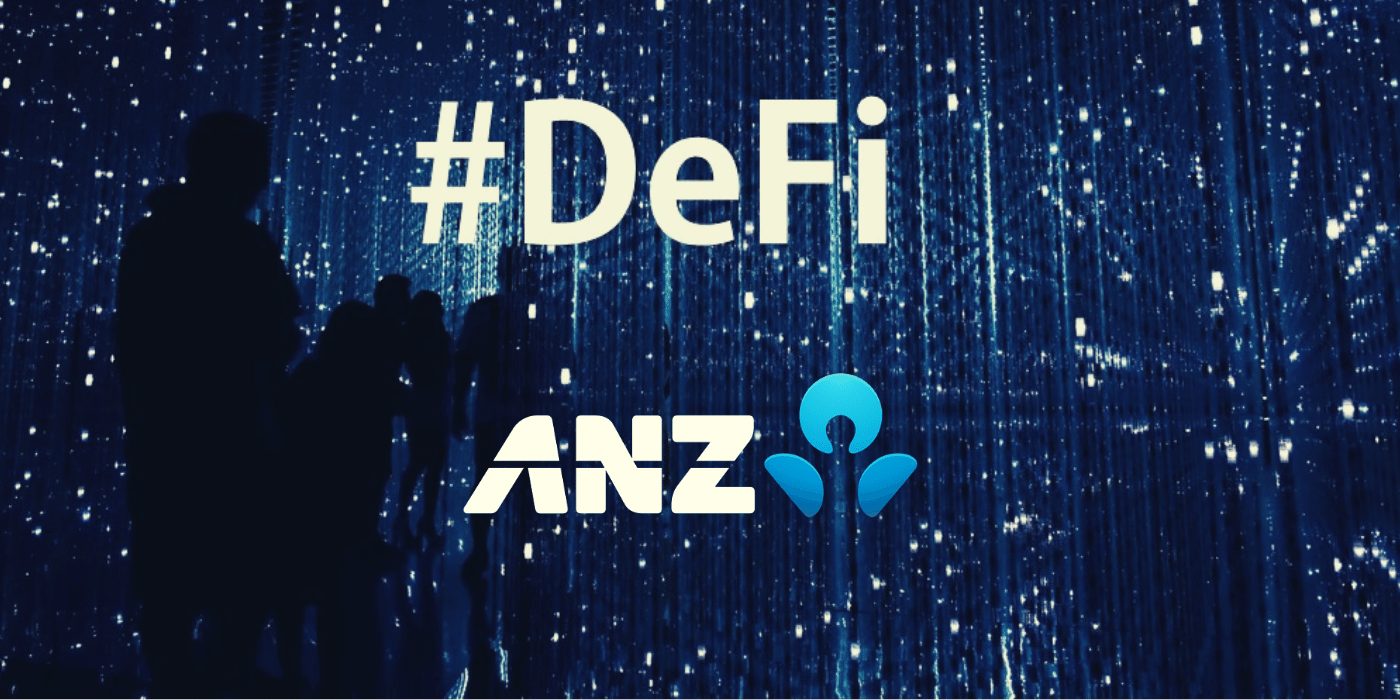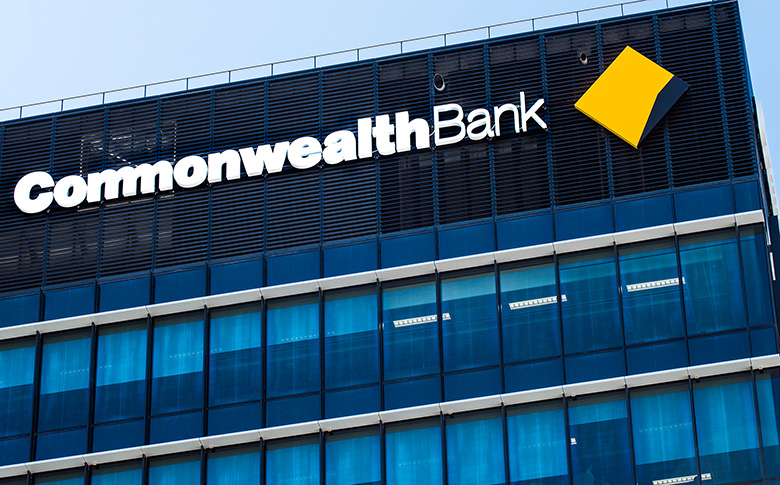A New York US Federal Court judge has sentenced former Ethereum developer Virgil Griffith to 63 months in prison and fined him $US100,000 for speaking at a 2019 crypto conference in North Korea and teaching North Koreans how to use crypto to evade US sanctions.
After initially protesting his innocence, Griffith eventually pleaded guilty to the charge of violating presidential executive orders designed to exclude the North Korean regime from the international banking system as punishment for repeatedly threatening to launch nuclear weapons against the US.
Following Early Support, Seriousness Becomes Clear
Many in the crypto community initially considered the charges against Griffith an overreaction. Ethereum founder Vitalik Buterin, for one, signed an online petition to free Griffith in 2019 and tweeted his support:
However, following a long investigation by the FBI it became clear that Griffith did more than illegally travel to North Korea and speak at a crypto conference – much of the evidence against him showed that he specifically sought to help the North Korean regime escape sanctions using crypto.
Images were uncovered showing Griffith wearing a North Korean military uniform standing next to a whiteboard where he’d drawn a happy face and written the words “No sanctions” and “yay”.
The investigators also found Griffith had shared text messages with North Korean citizens assuring them he’d be able to help them get around US sanctions using crypto, in one message telling them that setting up an Ethereum node in North Korea will “make it possible to avoid sanctions on money transfers”.
North Korea Uses Crypto to Fund Illegal Activities
The actions of Griffith were treated so seriously by US authorities partly because the North Korean regime has been enthusiastic to use stolen crypto to skirt sanctions and fund its illegal weapons programs.
Through government-backed hacker groups such as the Lazarus Group, the North Korean regime steals huge amounts of crypto. According to Chainalysis, in 2021 alone it stole almost US$400 million worth of crypto, which is 2.4 percent of the nation’s total annual GDP.



